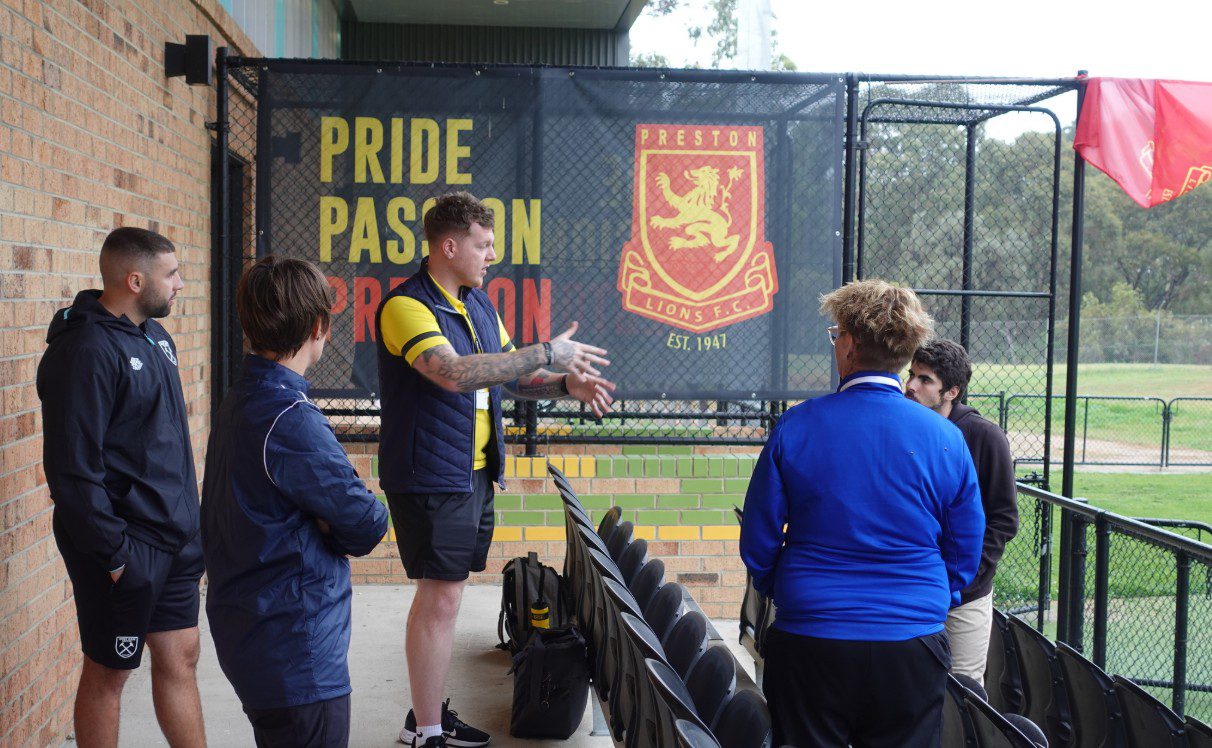
Meet Jono McPhail: GIS Deputy Dean and MSc Football Coaching & Analysis Lecturer
Being a footballer has always been a dream of hundreds of millions of kids around the world. However, as coaching gains more and more recognition, it too is becoming the ideal career for many of football’s next generation. GIS lecturer Jono McPhail is one of the people who saw a career in coaching as viable, […]
GIS Latest News
Filter

Latest news
February 11, 2026 |
Meet Jono McPhail: GIS Deputy Dean and MSc Football Coaching & Analysis Lecturer
Read Post
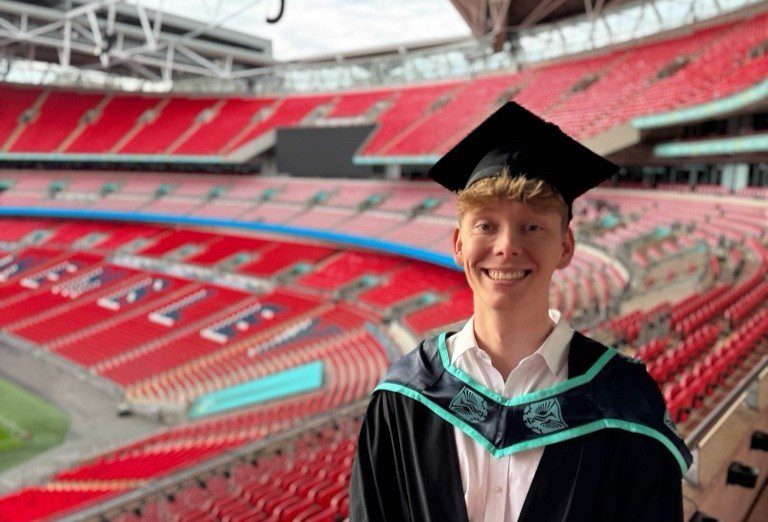
Student Profiles
February 10, 2026 |
“Make Yourself Indispensable”: GIS Graduate Explains How to Take Advantage of Internship Opportunities
Read Post
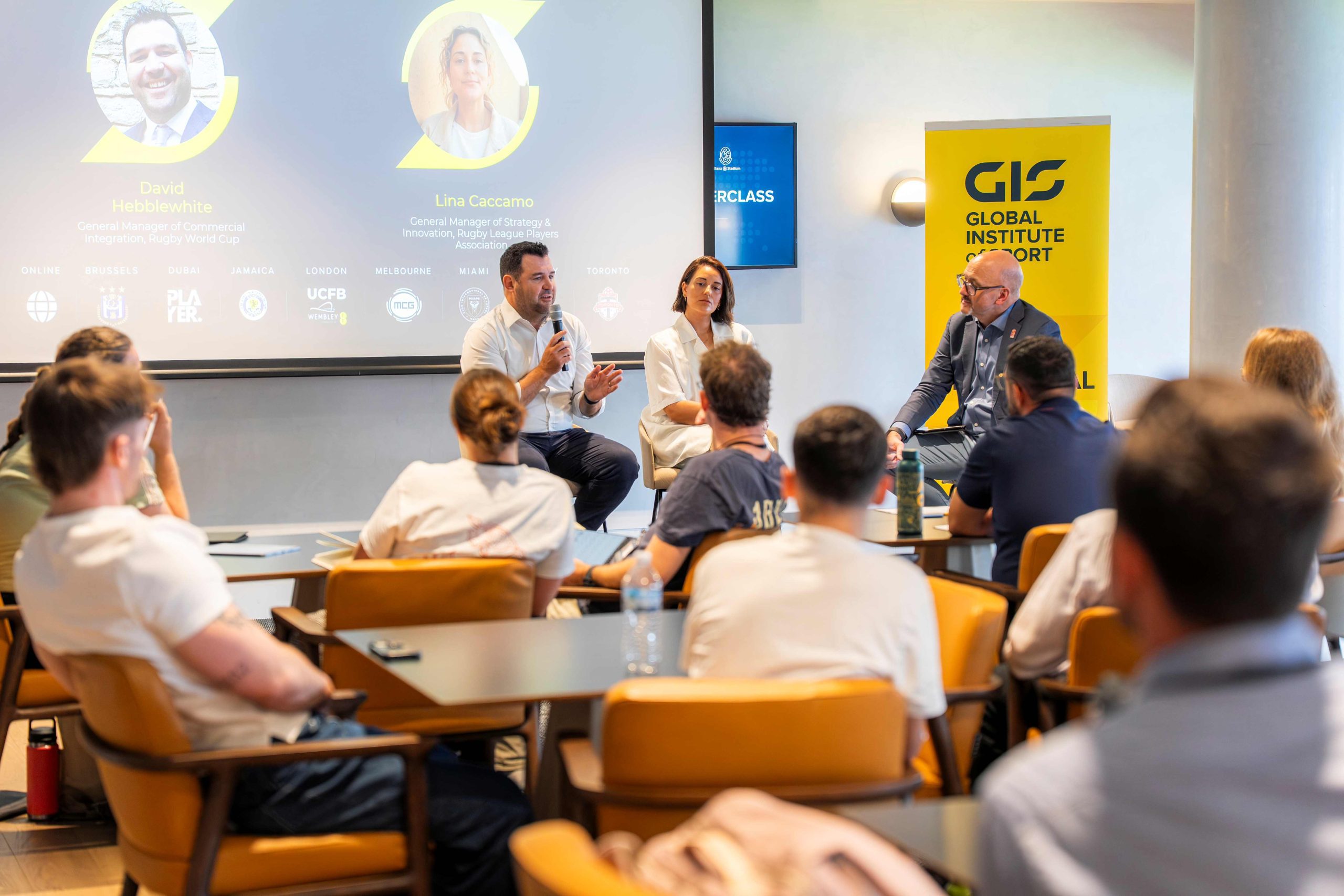
Latest news
February 9, 2026 |
GIS Welcomes Students to New Sydney Campus
Read Post
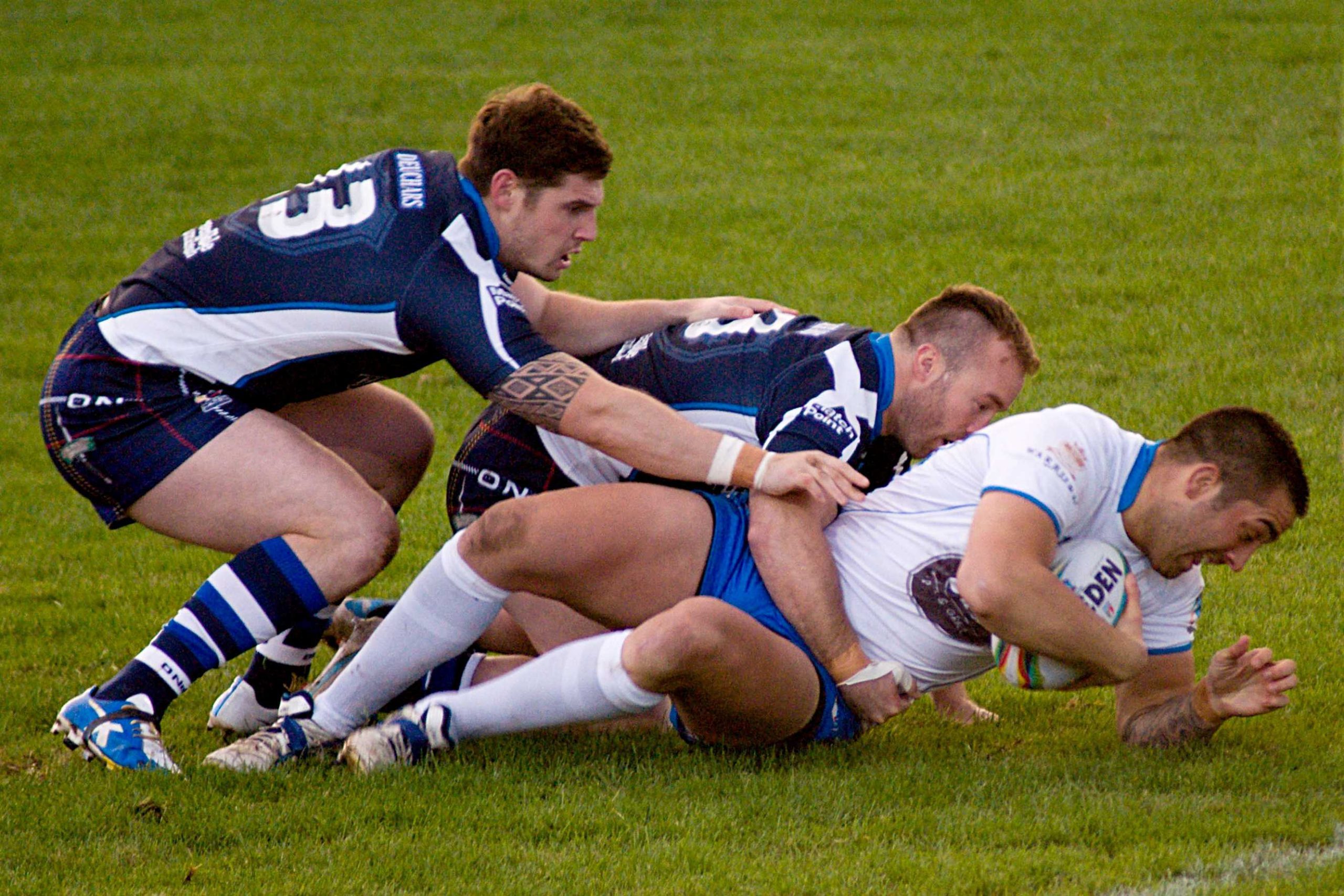
Latest news
February 9, 2026 |
Why Rugby League Thrives in Australia — and Struggles to Match Union in England
Read Post
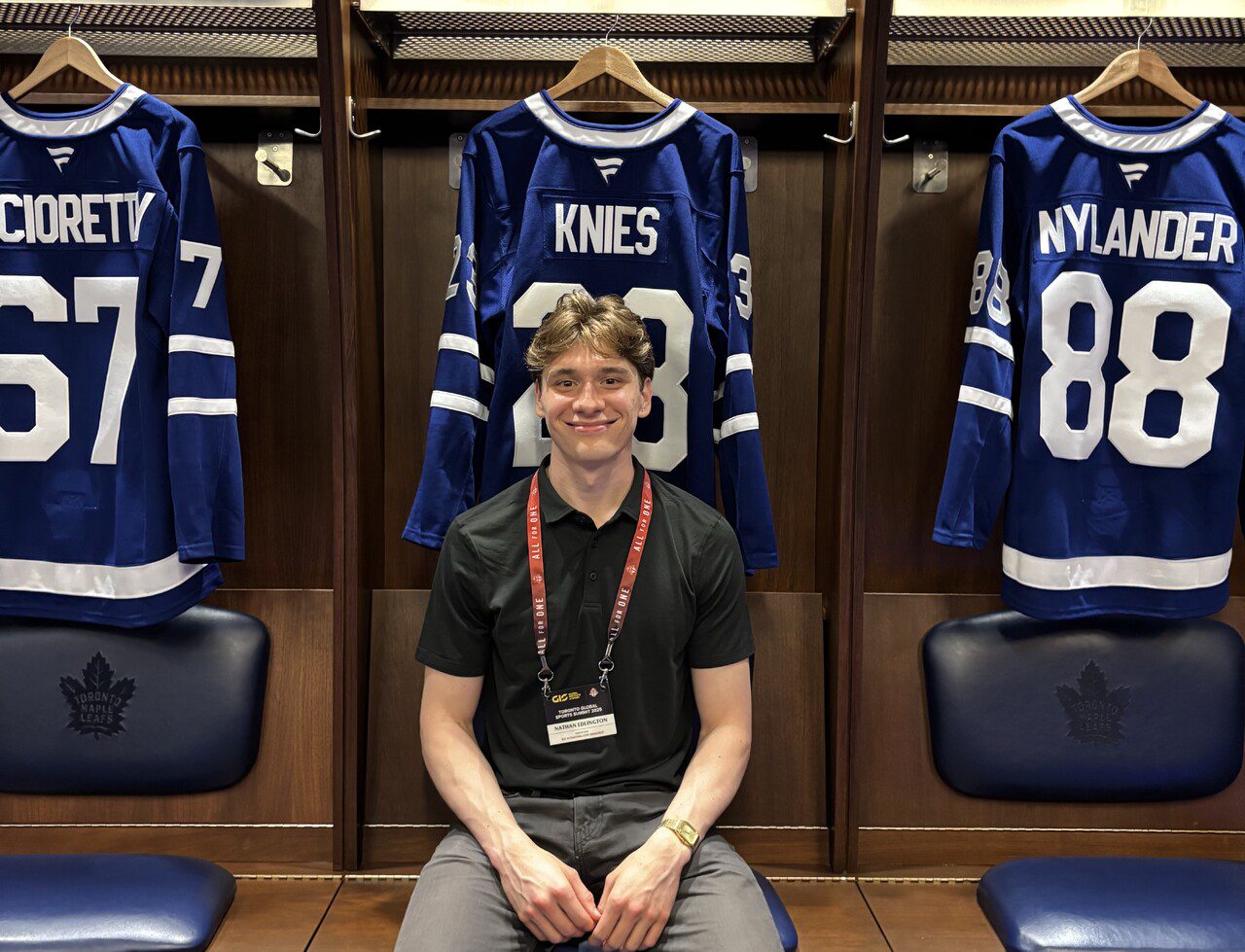
Student Profiles
February 4, 2026 |
GIS Graduate Nathan Edlington on his Role at Hockey Canada: “What You Put In Is What You Get Out”
Read Post

Global Summits
February 4, 2026 |
Inside GIS’ Australia Global Sports Summit
Read Post
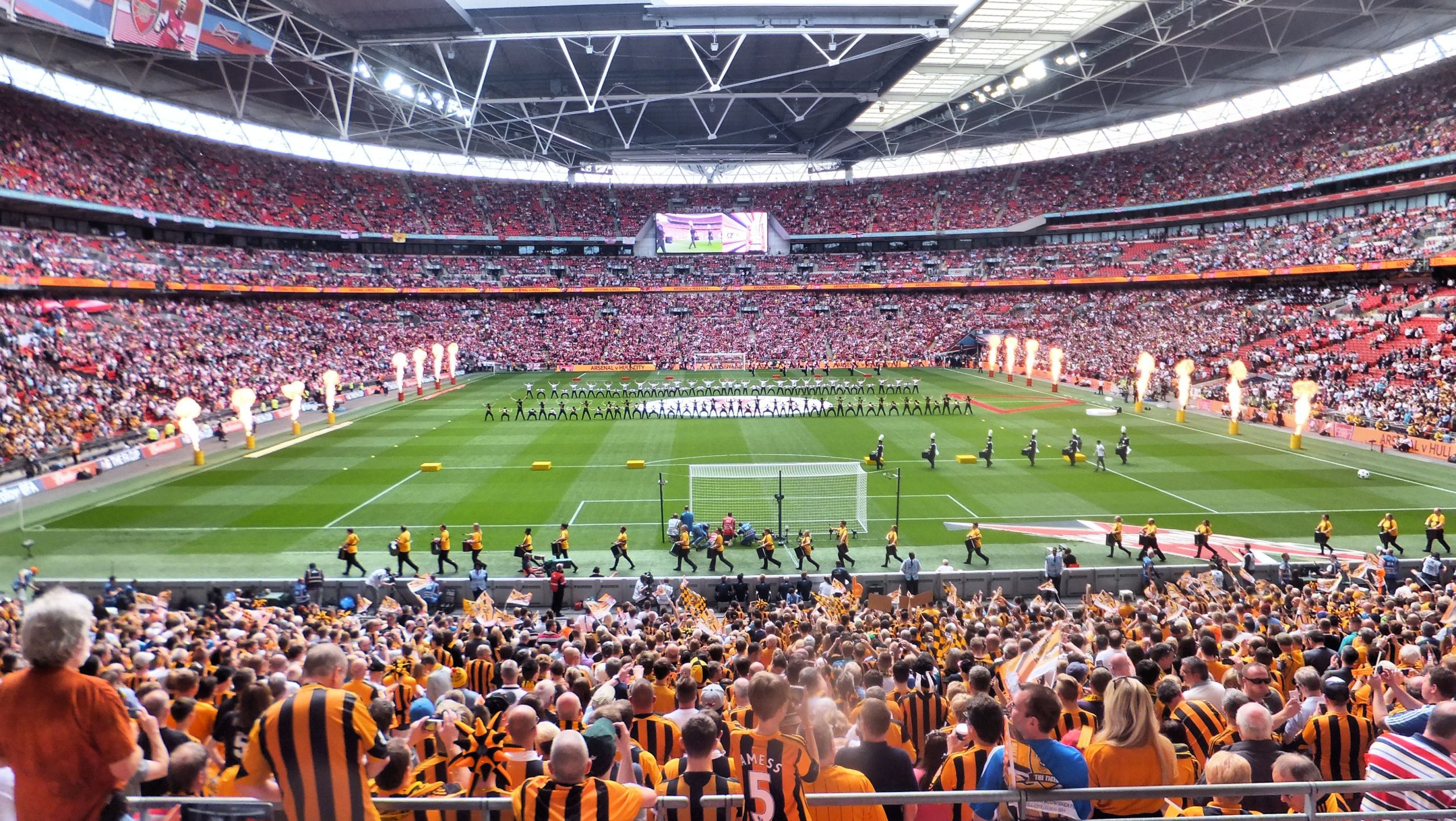
Latest news
January 26, 2026 |
The Importance of the FA Cup: History and Financial Impact
Read Post

Latest news
January 26, 2026 |
How Changing Consumer Behaviour is Reshaping the Sports Industry
Read Post
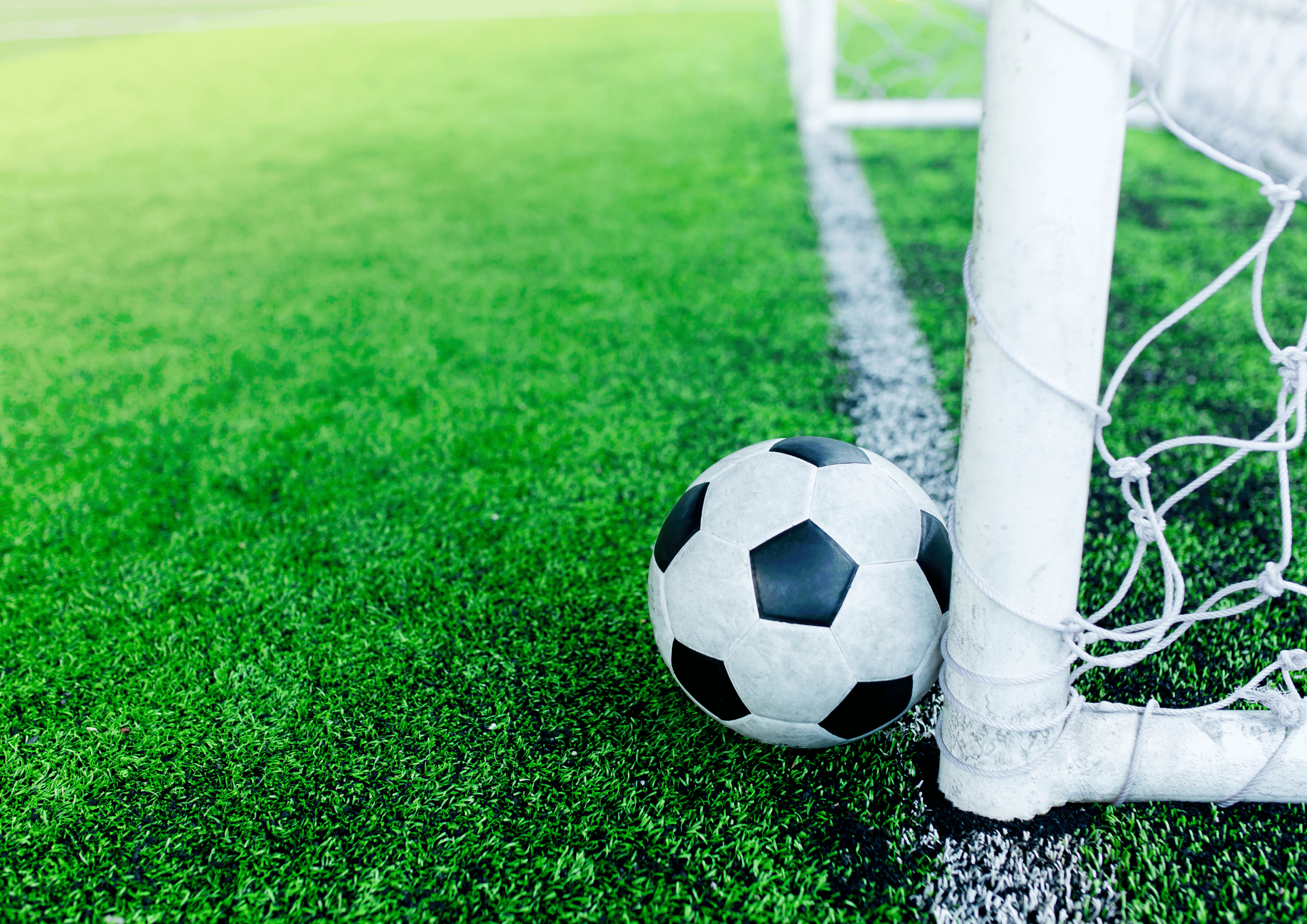
Latest news
January 26, 2026 |
The Details Behind a Football Transfer: From Negotiations to Registration
Read Post
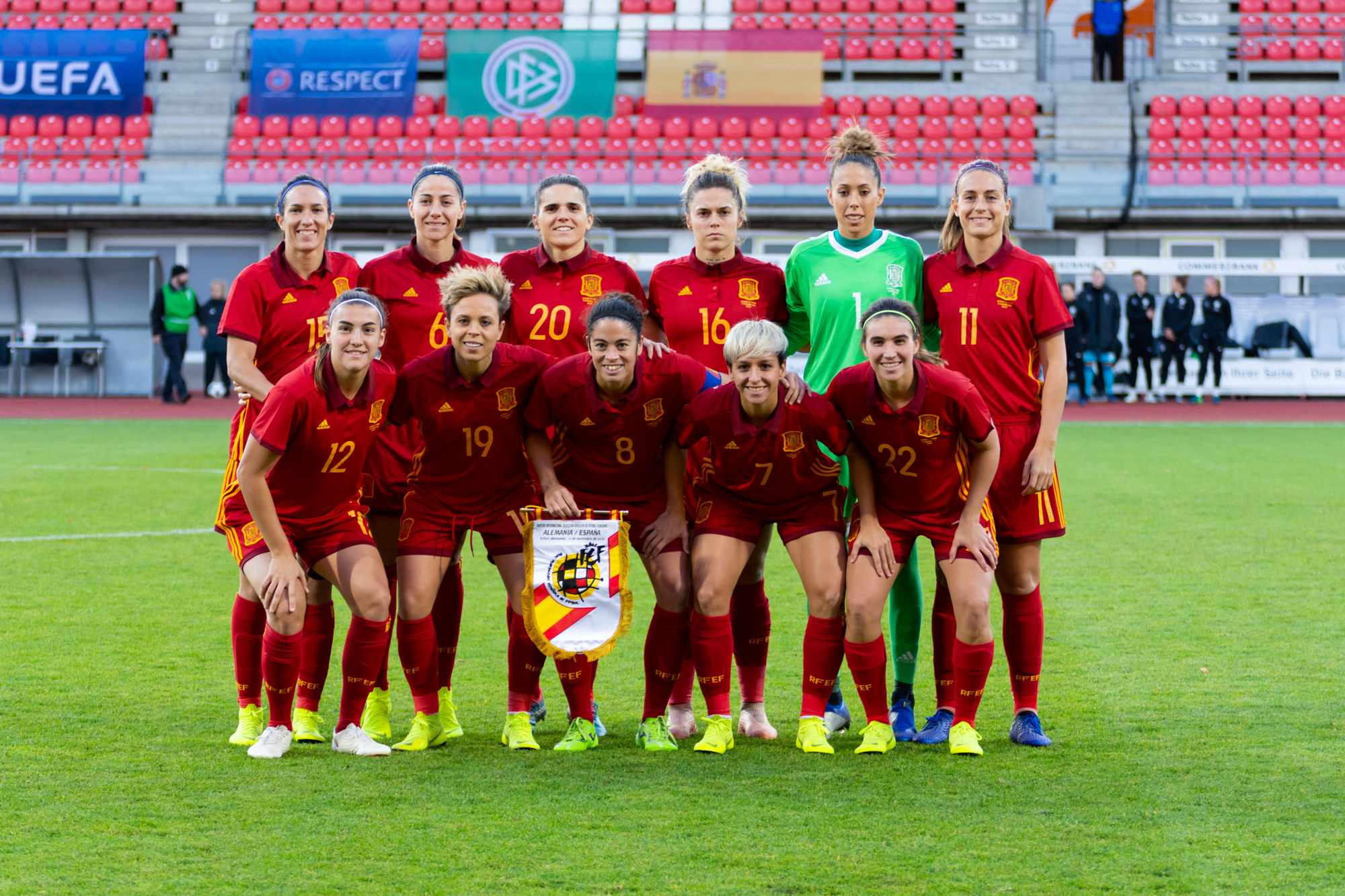
Latest news
January 26, 2026 |
Sponsorship and Sustainability: The Role of Independence and Multi-Club Ownership in the Growth of Women’s Football
Read Post

